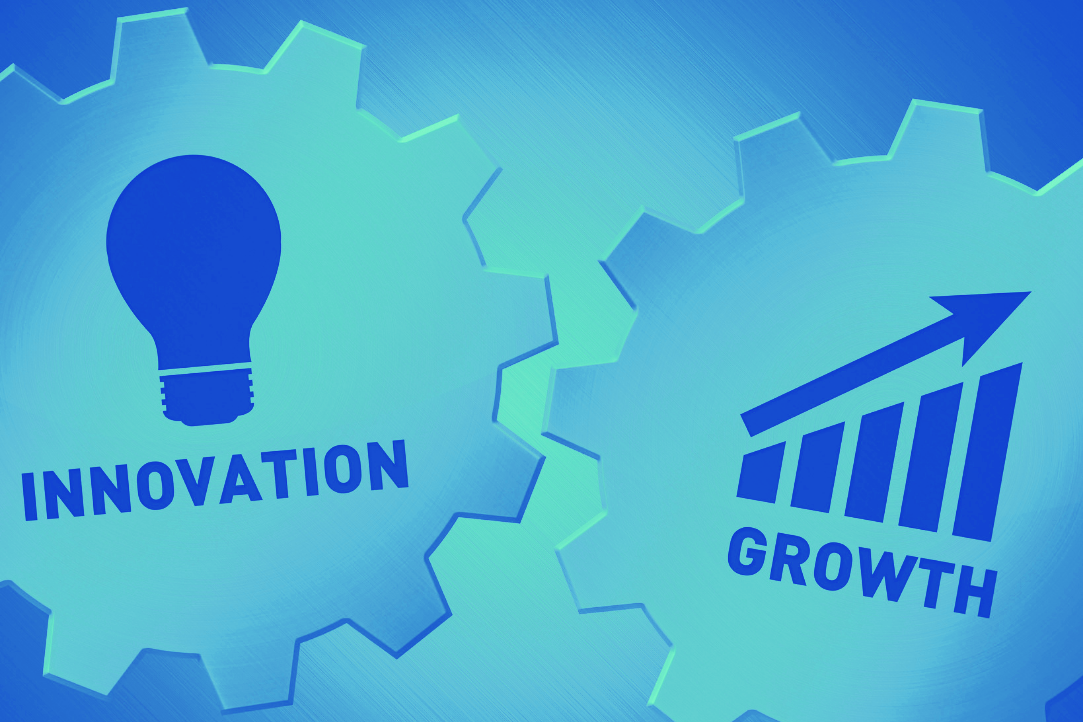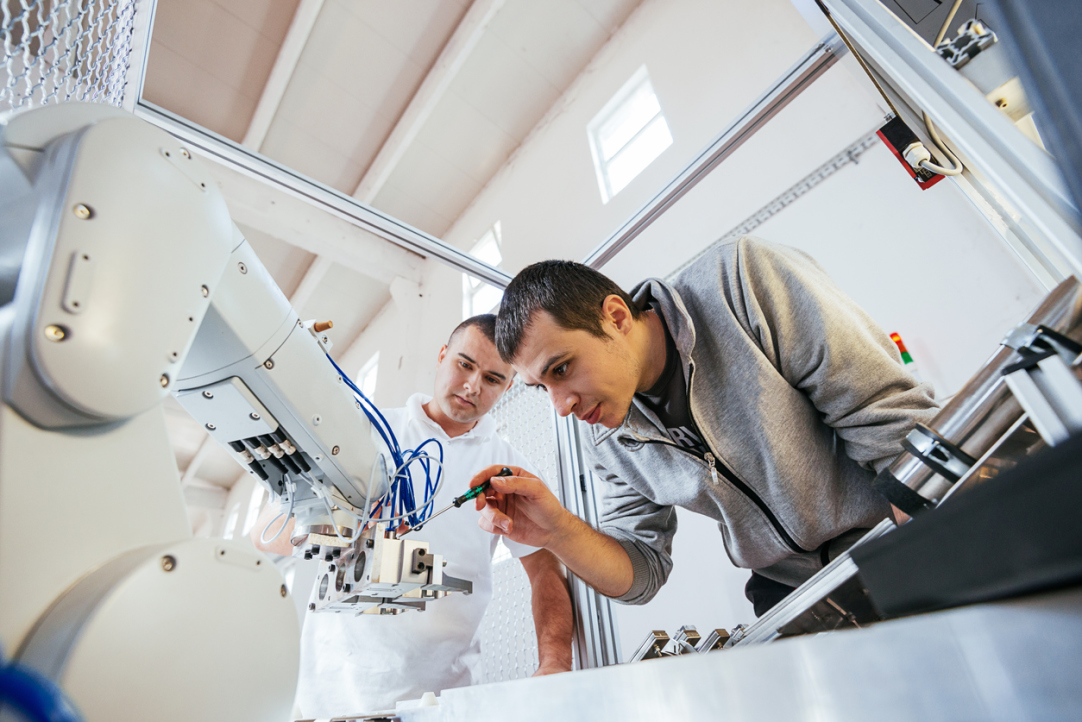HSE Institute for Statistical Studies and Economics of Knowledge is featured in Asian Research Policy journal
The Asian Research Policy journal presented information about the HSE Institute for Statistical Studies and Economics of Knowledge and the main activities of the HSE ISSEK.

HSE ISSEK Estimates of Russia’s Creative Economy Are Included in the UNCTAD’s Industry Review
In 2019, Russian creative industries’ contribution to GDP amounted to 2.4%; the creative economy employs 4.9 million people (6.8% of the total national workforce). These measurements of Russia's creative economy obtained by HSE ISSEK were included in the international report ‘Creative Economy Outlook 2022’ produced by the UN Conference on Trade and Development (UNCTAD).

Recipes for Success: How to Become a Leader in Global Innovation Index?
The Institute for Statistical Studies and Economics of Knowledge (ISSEK) at HSE University estimates the trajectories of 76 economies in the Global Innovation Index (GII) from 2017 to 2021 and analyses recipes for innovative success.

‘If We Can’t Prevent the Robot Invasion, We Should Lead It’
The induction of the MuseNet deep neural network into the Russian Union of Composers in April 2021 has interesting implications—will artificial intelligence edge live performers out of their profession? Evgenia Evpak, composer, teacher at the HSE Faculty of Communications, Media, and Design and graduate of the HSE ISSEK Master’s programme in Governance of Science, Technology and Innovation, believes that humans still have a future in the music industry.

Creative Moscow: Ahead of Hong Kong and Melbourne, but Far behind Beijing and London
Moscow is not only Russia’s official capital, but its creative capital as well. 54% of the added value of the country’s creative industries is generated here. This was one of the findings presented in the report, ‘Moscow’s Creative Economy in Figures’, prepared jointly by HSE ISSEK researchers and the Moscow Department of Entrepreneurship and Innovative Development.

Almost 30% of Advanced Manufacturing Technologies Used in Russia Are Acquired from Abroad
Russian enterprises have limited opportunities to modernise their technological capabilities independently. Their technological portfolios reveal a high dependence on imported solutions and a limited use of their own developments, HSE researchers discovered.
OECD Outlook Examines the Effects of the Pandemic on Science, Technology, and Innovation
Times of Crisis and Opportunity is the title of the OECD Science, Technology and Innovation (STI) Outlook published in January. The document focuses on STI responses to the pandemic while assessing the impact of the COVID-19 crisis on science and technology. Mikhail Gershman, Deputy Director of the Centre of Science, Technology, Innovation and Information Policy, discusses the contribution of the Institute of Statistical Studies and Economics of Knowledge (ISSEK) to the Outlook and describes some aspects of ISSEK’s long-standing partnership with the OECD.

‘Cooperation with R&D Organisations and Universities Is Significantly Distinctive for Advanced Innovators’
The innovation performance of firms depends on their ability to innovate in cooperation with external partners. In their study, HSE researchers found that most of innovation in Russian manufacturing happens in a sort of open processes, but extensive cooperation networks are barely detectable. The study was published in the December issue of Foresight and STI Governance.

Building Bridges Between Knowledge and Society and Improving Policy Effectiveness Is the Task of Think Tanks
On December 4, the International Advisory Board of the Institute for Statistical Studies and Economics of Knowledge of HSE University met for its annual meeting. It was an anniversary event, as was the X Foresight Conference that preceded it. Largely thanks to the online format, the assembled board was the most representative of the field in its history. Experts from 20 international partner centres assessed ISSEK’s activities over the past year and proposed a wide range of topics for new research.
Analytics for Management and Economics Conference 2020
Valeriya Vlasova took part in the Analytics for Management and Economics Conference (AMEC 2020) that was held in a digital format, September-December, 2020.
